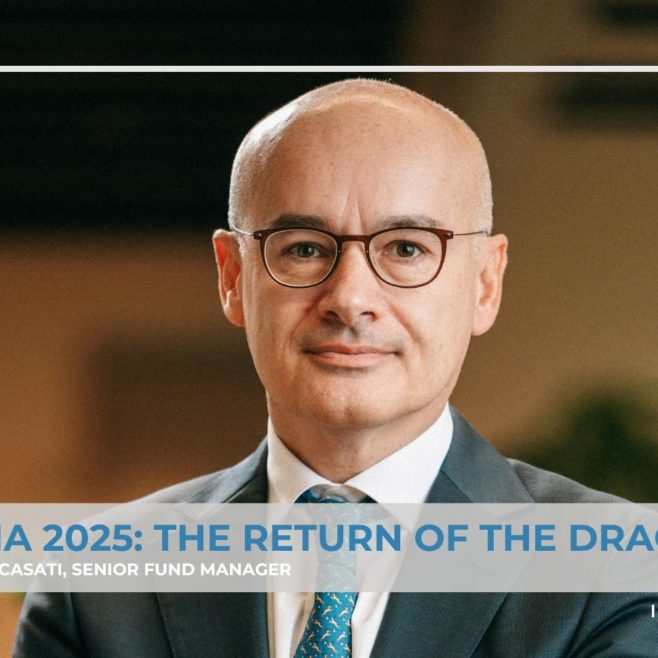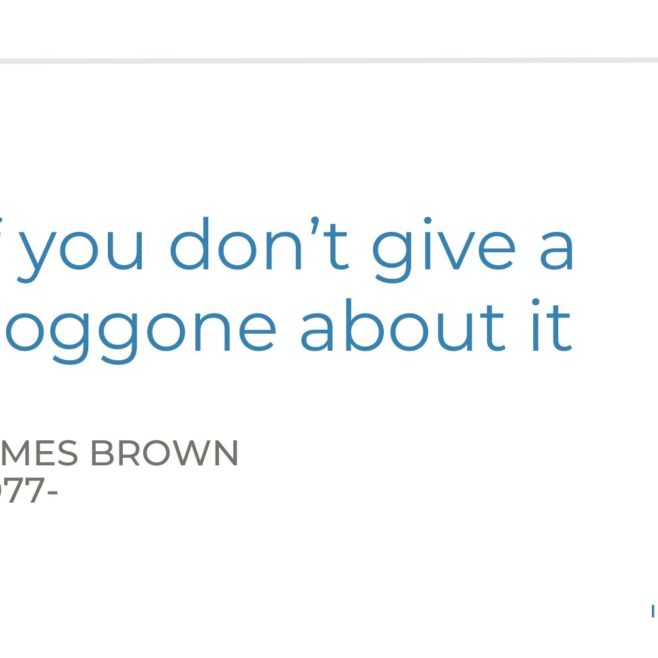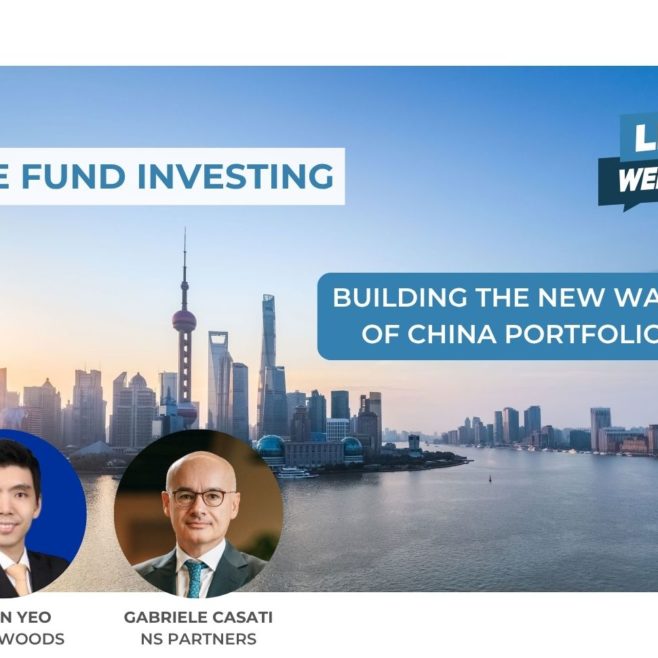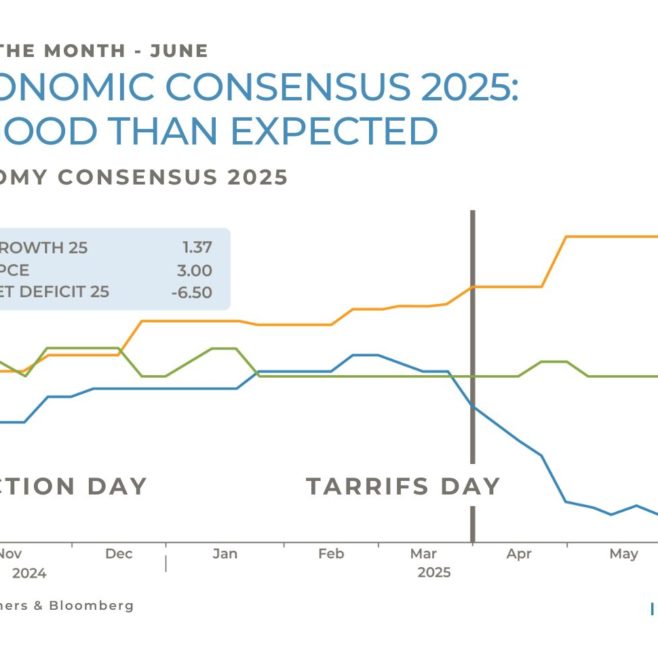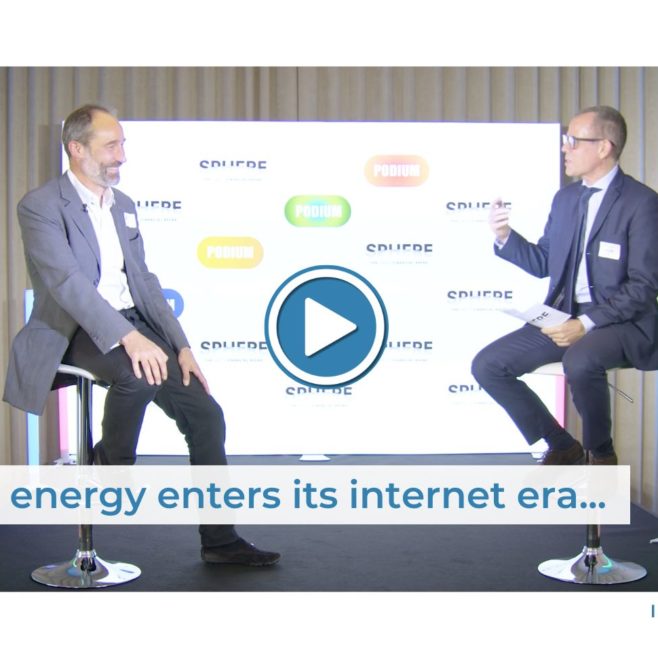
The Last of the Mohicans
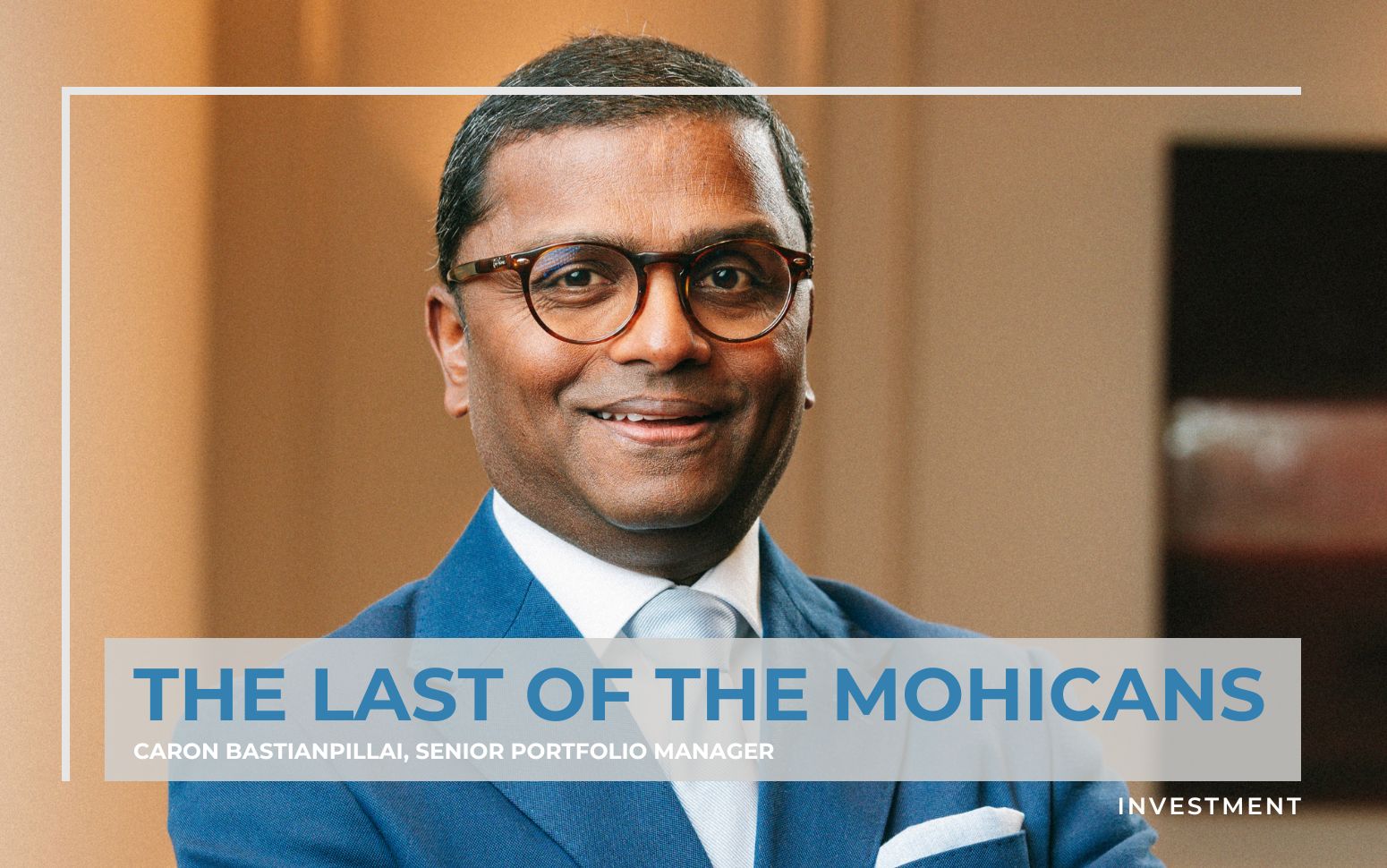
European equity long/short funds have suffered from Europe’s lack of appeal. But now might be the time to reconsider them.
At the beginning of the 2000s, most private banks and asset management firms based in Geneva managed their own funds of funds that invested in a new generation of young alternative managers specialising in European equity long/short strategies. At the time, these multi-manager funds delivered double-digit annualised returns, net of management and performance fees. After starting their careers as equity managers within large traditional investment companies, most of these talents left in the 1990s to establish their own independent asset management firms. Many of them were backed by alternative investment legends such as George Soros and Michael Steinhardt, to run portfolios of long/short equity ideas in Europe, a strategy that had already proven its worth in the United States since the 1950s.
An endangered species?
Today, all European funds of funds specialising in long/short equity have disappeared, with one exception. The main reason: the 2008 global financial crisis wiped out many hedge funds in Europe, partly because they offered more attractive liquidity terms than their American counterparts. Added to this, the US equity market has significantly outperformed Europe since 2009 (thanks to the tech sector), following a similar trend from 1989 to 2009, which further reduced the appeal of European equities. Moreover, Europe has been weakened by geopolitical challenges, making it even less attractive to international investors.
Investors have short memories
Yet it is well known that every crisis also presents significant opportunities for long/short managers. Many have already forgotten the Greek debt crisis at the end of 2009 and, more importantly, the country’s remarkable recovery after the 2018 bailout! This year, Greece ranks among the best-performing equity markets in the world, alongside other so-called peripheral markets like Poland, the Czech Republic, Spain and Italy, while Switzerland has lagged, moving similarly to France since the start of the year.
Make Europe Great Again
Published at the end of 2024, the Draghi report provided European leaders with a roadmap to “make Europe great again” by boosting investment and productivity. The report highlighted the need to invest EUR900 billion annually (around 4.5% of EU GDP) to address the continent’s structural competitiveness gap. This year, Germany announced a EUR500 billion plan over ten years to modernize its infrastructure. More recently, Blackstone unveiled plans to invest USD500 billion in Europe over the next decade. And this is just the tip of the iceberg, with many other initiatives underway across the continent to strengthen its competitiveness.
Europe is home to some of the world’s best companies
While Europe certainly has its share of struggling companies, it is also home to some of the most successful firms globally in luxury, pharmaceuticals, chemicals, energy, defense, and aerospace, all ideal playing fields for long/short strategies. Despite this, the universe of European long/short managers has been shrinking every year since the 2008 financial crisis, due to a lack of interest or liquidity compared to the US. Nevertheless, on a regional basis, managers focused on Europe have been among the top performers since the start of the year.
High potential but hard to access
History shows that the US has long produced some of the best long/short managers. However, over the past five years, some of the brightest talents in this space are found in Europe. They have managed to generate positive alpha on both their long and short positions, while skillfully adjusting their net exposure, an advantage often linked to the smaller size of their funds. Still, the capacity of these strategies remains limited due to low scalability tied to liquidity, restricting access to these opportunities. The best way to tap this potential is to invest in a collective vehicle specialising in Europe, with strong expertise in selecting and monitoring the top European managers. However, access to these funds often remains limited to a select circle, as they are frequently closed to new investors.
Notably, the GRANOLAS (Europe’s equivalent of America’s “Magnificent Seven”) have started to underperform the Stoxx 600 since early April, creating greater dispersion and a more favorable environment for selecting long and short positions. With Europe once again facing geopolitical tensions and the persistent risk of deglobalisation, it might just be time to reconsider European long/short strategies.


